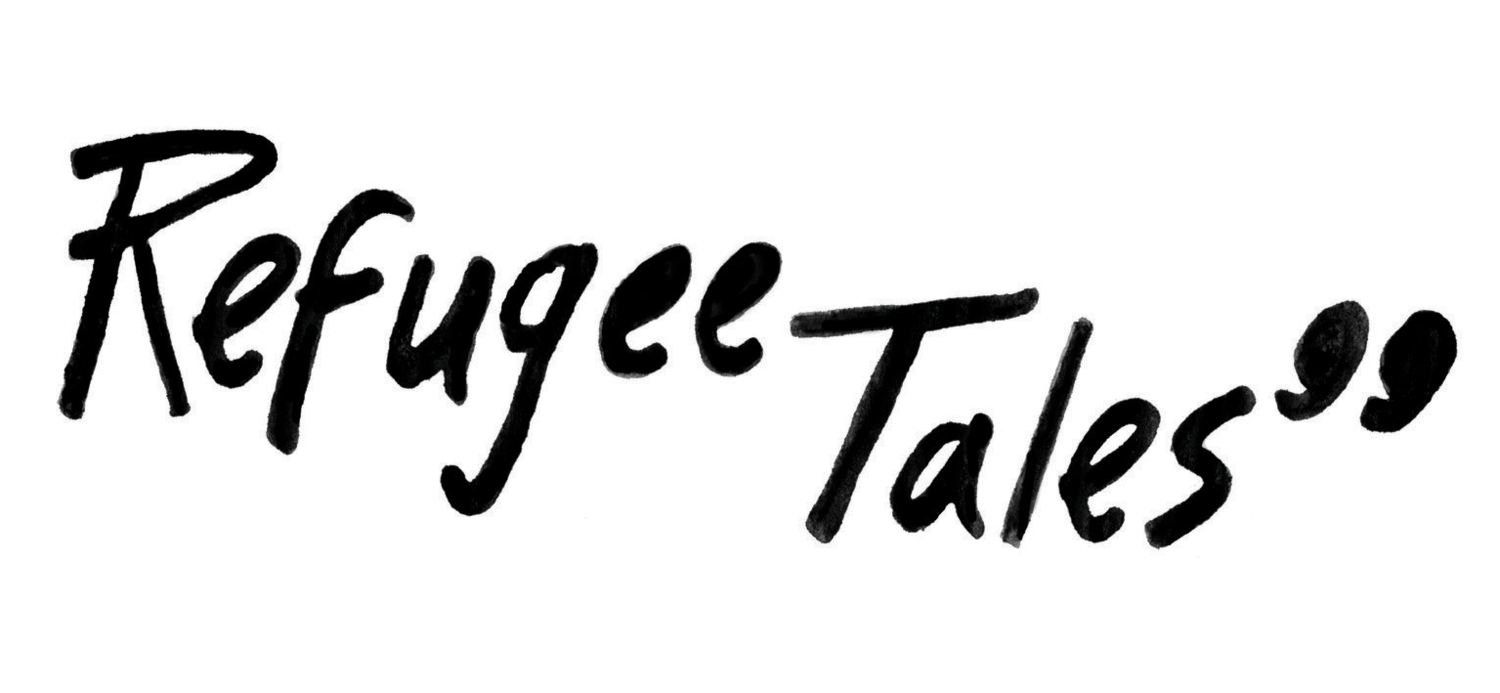Reflections from the Crawley/Horsham Visitors Group
Here are some reflections from members of the Crawley/Horsham Visitors Group on the questions of the Walking Inquiry:
'People I’ve spoken to may not still be in Tinsley but they are detained - maybe in a hotel or in a house. They’re caught in a limbo state. To talk about post detention is almost a deception. From their mind, detention doesn’t end until someone has given them permission to stay here. However unlikely it is for someone to be detained, it doesn’t stop them looking over their shoulder and thinking about what this intense environment is like in terms of the arc of their life, and things will never be the same again. Detention is part of the escape process and you can’t tease that bit out from rest of the horror that people go through’
‘It’s interesting that someone I visit can't tell the impact of detention without the support of a therapist with him. He doesn’t want to talk about it without access to therapy, and this is years after, it’s not recent.’
‘For the person I’m speaking to, it’s hard to pull out just the detention because the whole process has been ten years. He also has a lack of trust in the system. It must be hard to allow yourself to be governed by a country when you have no faith in the government. They believe in democracy and want to believe in the government but maybe change their opinion fast.’
‘In terms of the whole system, it’s not like someone can look at it and say I’ve done this wrong so i deserve that’
‘People cameto the UK believing this was going to be a country worth going to because it would make them safe’
‘Who people are gets pulled into question, so they begin to doubt who they are themselves’
‘I had been speaking to someone who’d been granted their leave to stay on humanitarian grounds. When the person eventually got it, it was dated 3 months before. In that three months he still had to fight for it to know. How do you trust anything in the courts?’
‘The government is trying to do things to get people to leave. For example, dragging out decisions .Everything that happens - the government is trying to get them to give up.’
‘You see the impact on being in this situation on family in a different way. You can't earn, can't afford to contact your family in other countries.’
‘Destitution is creating a lack of agency’
‘Some of the people I've supported have been in prison previously - detention is an extension of being in prison. Everything had already been disrupted.’
‘I have noticed a long term impact of detention on people while they are still in detention. Someone I supported went from feeling angry at being taken straight to detention after completing a prison sentence, but then got so used to it and the routine and stopped challenging it as much as he had, and had a sense of optimism. Eventually after several months he became really quiet and spoke about feeling broken by detention.’
‘It seems like you can never wake up and say this is a good day because there is always a worry and there is always uncertainty. You can put it to the back of your mind if you go for a walk or something, but that worry and uncertainty can't go’
‘People who have been detained lose trust, they don't trust anyone any more. It’s really hard for people to trust or believe in anything. It’s almost a feeling of ‘what have I lived for if they can take it away from me in an instant’. There is a sense of fracturing or broken hope.People need to put so much of their energy into themselves against any possibility, which is exhausting and depressing.’
